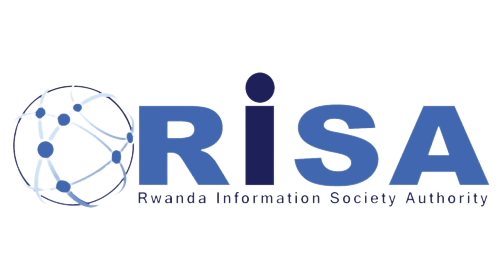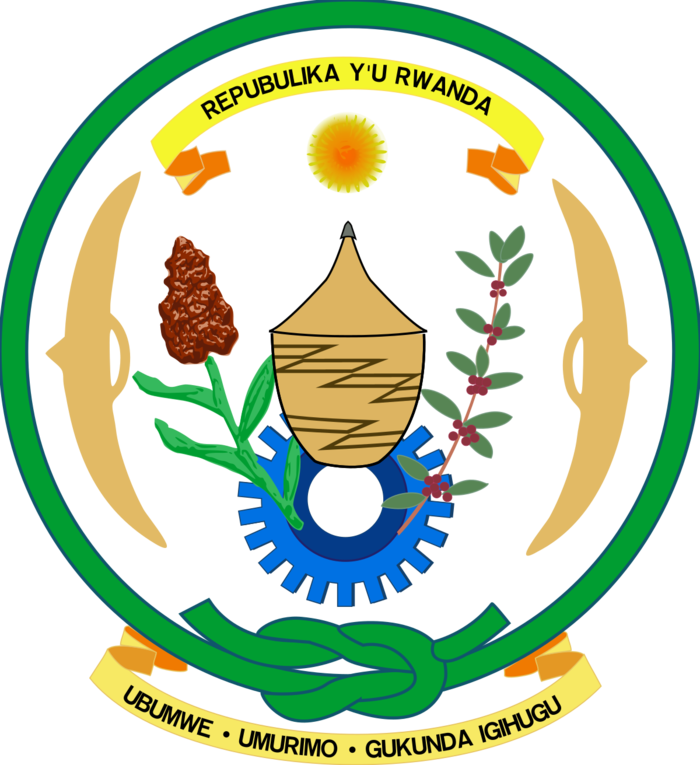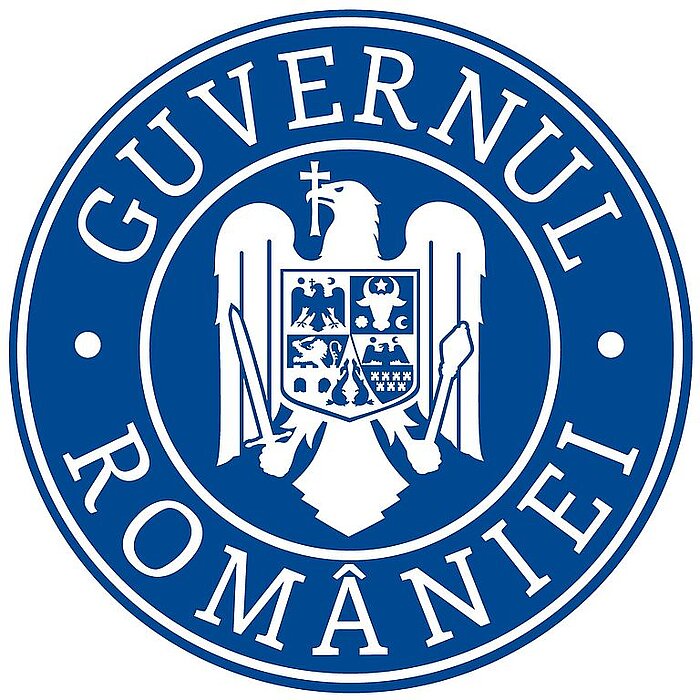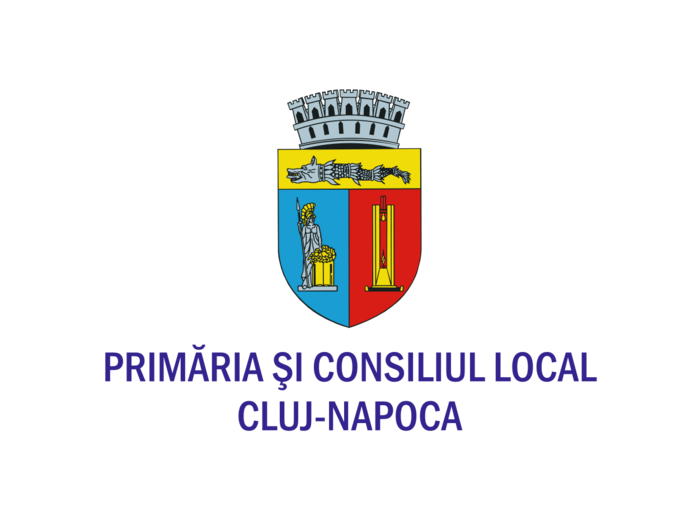
Government of Rwanda Software Integration Architecture Capacity building
Interoperabilization of the national software systems and implementation of the Government Interoperability Hub required high level technical expertise at the level of the GoR ( RISA).
Coaching a team of technical specialists of RISA in advanced software architectures and interoperability.

Support and technical knowledge transfer for the implementation of the Mbaza AI-Chatbot in Kinyarwanda language
Modern technology, in particular AI, should be employed to support the information of the population through accessible real time means in the local language, but a proper level of local technical capacity and knowledge needs to be developed.
Direct technical support in: AI (Machine Learning, Natural Language Processing), DevOps, Software Architecture; technical knowledge transfer to a local Rwandan team (Digital Umuganda startup)

Government of Rwanda web portals strategy
Outdated web portals, lack of standardization (technology, structure), high security risks, lack of development and maintenance capacity.
We provided assistance to identify the optimal Open Source CMS framework. Assistance to develop an implementation strategy and a technical capacity building approach.

Government of Rwanda TYPO3 CMS Capacity building
Develop technical capacity at national level to support the development and the maintenance of governmental web portals implemented using the open source TYPO3 CMS
Coaching and on-the-job support for web development team ( in RISA and in private sector), project management coaching, setup CI/CD pipeline, web security and DevOps coaching. Establishment of TYPO3 CMS national tech community.

TYPO3 CMS mentorship
TYPO3 CMS is a great open source solution for complex web portals that can generate high opportunities for the African web developers, but the technology is not yet known in Africa.
We provided technical mentorship for developers from Zimbabwe and Rwanda.

Training in Business Process Management of E-government processes
Implementation of e-government processes require internal institutional capacity to analyse, optimize, model and specify the interactions between the institution and the citizens and also between public institution
We provided intensive training to 17 central institutions in BPM life cycle applied in e-government and BPMN 2.0 process modelling standard.

On-the-job assistance for BPM analysis and preparation for IT implementation
Development of specifications for the implementation of e-government systems requires technical capacity that surpasses the internal capacity of most institutions.
Support through interactive workshops on organizational processes analysis, optimization and preparation for the specification of IT systems that digitalize the processes.

Consultancy for the procurement of a national IT system for modelling and simulation of digital processes in e-government and e-administration
Development of the functional and technical specifications for a BPMS to assist the central institution in defining the target e-government process models require high level understanding of the feasible technical approaches and solutions.
We provided development of functional and technical specifications, support the public procurement process ( publication, evaluation, communication).

Support for the development of the national specifications for the implementation of the EN 16931 standard in electronic invoicing in public procurement
The implementation of the European electronic invoicing standard at national level requires development of a technical specification that ensures the transposition of all national-specific requirements.
Technical support for the development of a national CIUS (Core Invoice Usage Specification) by mapping the legal requirements with the technical standard.

Development of digitalization strategies for local and regional administration
Municipalities and counties need to implement proper digital support for their activities but lack internal technical knowledge and proper strategies.
Development of digitalization strategy, including audit of current digitalization level & implemented systems, definition of priorities and projects, definition of implementation plan.

Implementation of public procurement process management IT system for public institutions ( contracting authorities)
End-to-end control and traceability of public procurement processes is very difficult and lack of it generates risks and financial waste, but lacks proper management
Implementation of a standardized fully-digitized process flow covering the planning and execution of public procurement processes and contract execution management






